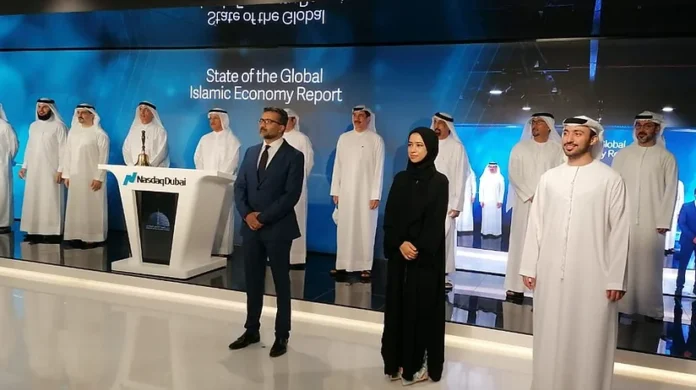Author: DinarStandard
Affiliation: Growth Strategy and Advisory Firm
Organization/Publisher: DinarStandard /Dubai Islamic Economy Development Center
Date/Place: 2019/2020, U.S.
Type of Literature: Report
Number of Pages: 178
Link: https://ceif.iba.edu.pk/pdf/state-of-global-islamic-economy-report-2019-20.pdf
Brief:
The report presents a continued momentum of the Islamic global economy by presenting the global Islamic economy indicators and how to invest in its sectors that include: 1) Halal Food 2) Islamic Finance 3) Muslim-Friendly Travel 4) Modest Fashion 5) Halal Pharmaceuticals 6) Halal Cosmetics 7) and Halal Media and Recreation. To compile this report, the Firm collected primary source data “by leveraging the services of on-the-ground analysts from each global region, leveraging Thomson Reuters Islamic Finance Development Report research, with expert interviews with 26 individuals conducted as well.” The firm also collected secondary data from sources such as Halal Focus and Salaam Gateway. The report shows that $2.2 trillion is spent on the global Islamic economy at a 5.2% growth rate and expected to reach $3.2 trillion at a 6.2% growth rate. Some of the indicators that explain the state of the global Islamic economy include the wealth of the 57 OIC countries that represent about 10% of the global GDP with 1.8 Billion Muslims, including about 500 million Muslims may reside as minorities in many other nations. “All over the world, this fast-growing and relatively young population of Muslims is increasingly asserting their Islamic sensitivities in the market place across lifestyle products. “What drives the growth of the global Islamic economy is the fact that Islam is a way of life for many Muslims, that way of life includes education, spirituality, modesty, food, as well as fair distribution of wealth, financing, and social responsibility. Such a way of life touches many sectors including the ones mentioned sectors. Another driver for the growth of the global Islamic economics is its values that have universal appeal and attract individuals and groups that may not necessarily be Muslims.
By: Abdulrahman Migdad, CIGA Research Fellow




